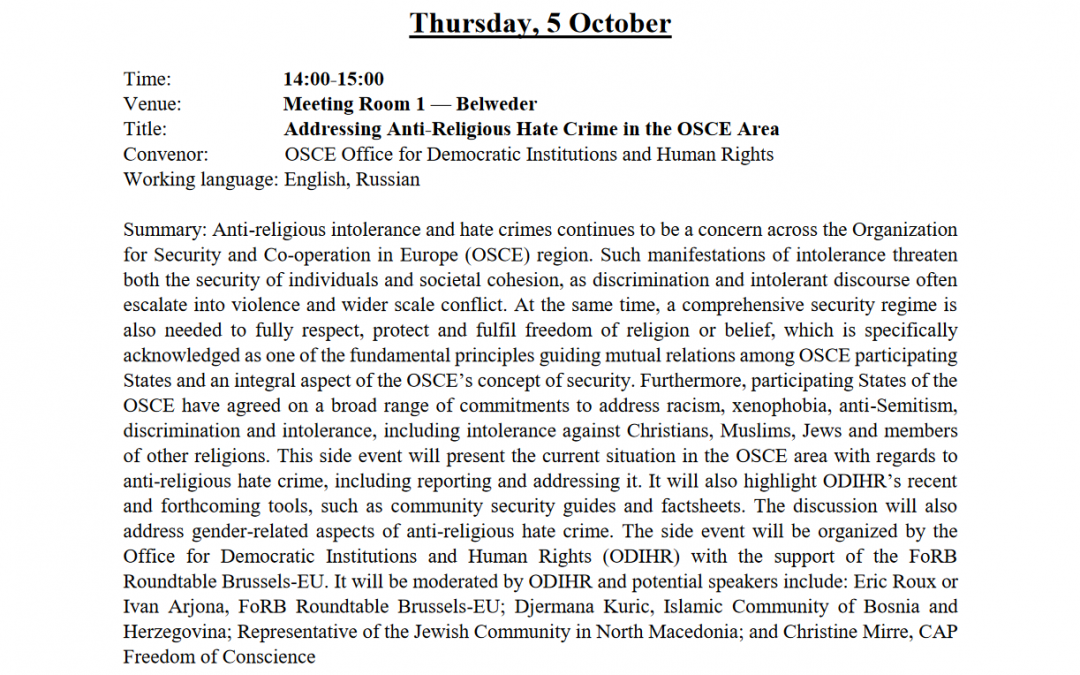
by CAP Liberté de Conscience | Sep 25, 2023 | CAP LC Event Coming, OSCE
Anti-religious intolerance and hate crimes continues to be a concern across the Organization for Security and Co-operation in Europe (OSCE) region. Such manifestations of intolerance threaten both the security of individuals and societal cohesion, as discrimination and intolerant discourse often escalate into violence and wider scale conflict. At the same time, a comprehensive security regime is also needed to fully respect, protect and fulfil freedom of religion or belief, which is specifically acknowledged as one of the fundamental principles guiding mutual relations among OSCE participating States and an integral aspect of the OSCE’s concept of security. Furthermore, participating States of the OSCE have agreed on a broad range of commitments to address racism, xenophobia, anti-Semitism, discrimination and intolerance, including intolerance against Christians, Muslims, Jews and members of other religions. This side event will present the current situation in the OSCE area with regards to anti-religious hate crime, including reporting and addressing it. It will also highlight ODIHR’s recent and forthcoming tools, such as community security guides and factsheets. The discussion will also address gender-related aspects of anti-religious hate crime. The side event will be organized by the Office for Democratic Institutions and Human Rights (ODIHR) with the support of the FoRB Roundtable Brussels-EU
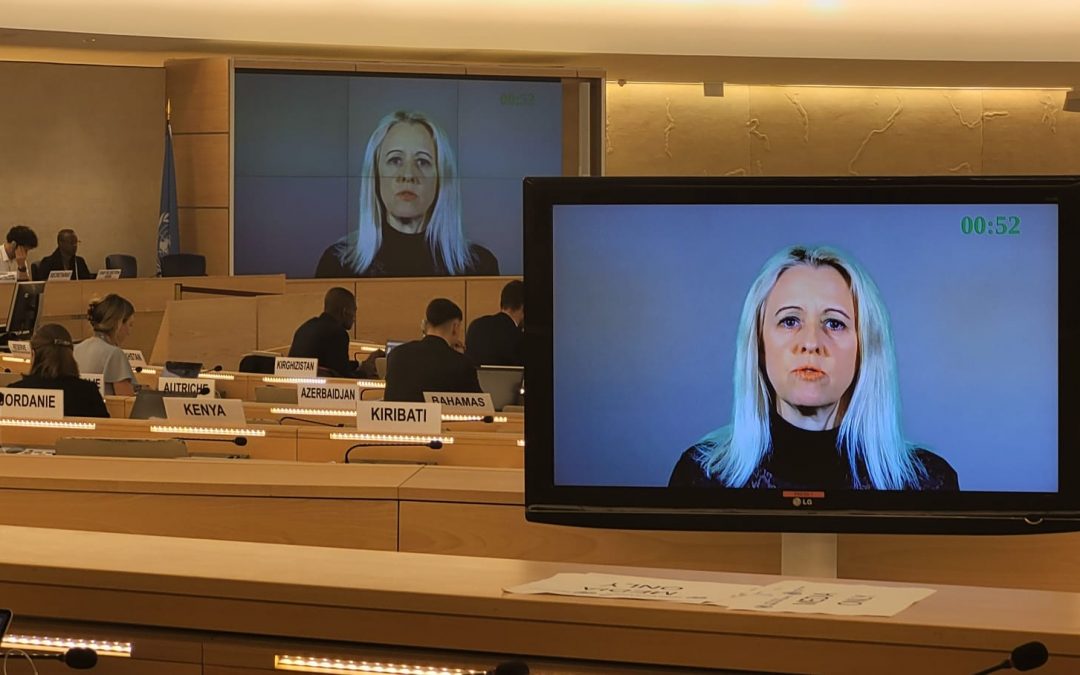
by CAP Liberté de Conscience | Mar 22, 2023 | HRC 52, IRFM, news
According to eyewitnesses the attacks were mainly carried out by government forces and the victims were mostly women, children and the elderly. The attacks took place for a month, since November 13, 22 until December 3, 22.
In total, two hundred eighty Amhara civilians were confirmed dead on December 3, 22. Nearly twenty thousand people managed to escape.
There are currently close to one million Amharas specifically displaced to escape ethnic based massacres from Benishangul-Gumuz, Wellega and North Shewa.
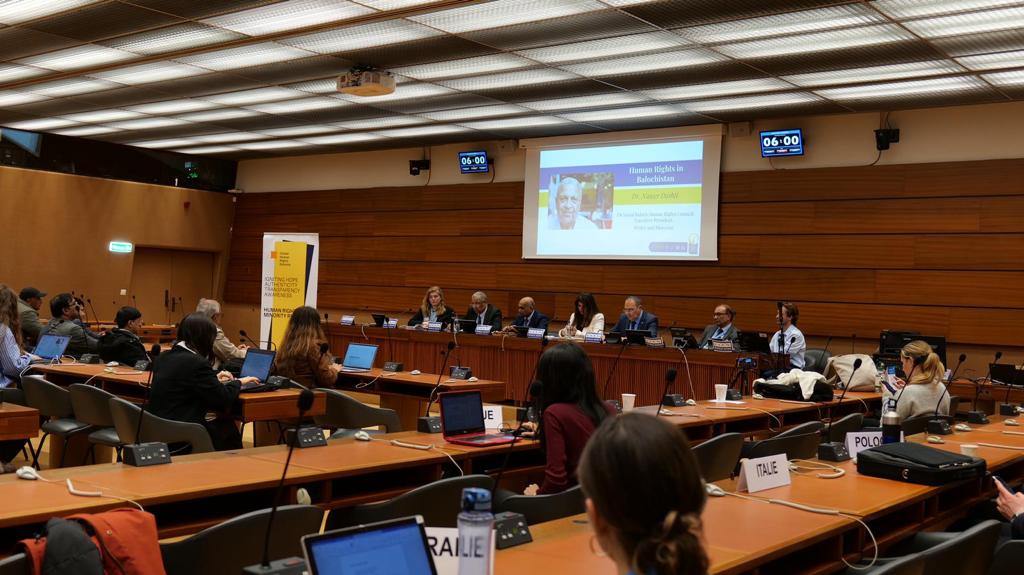
by CAP Liberté de Conscience | Mar 16, 2023 | HRC 52, IRFM, news
The promotion of peace, security and respect for fundamental rights and freedoms are some of the values and objectives of the European Union.
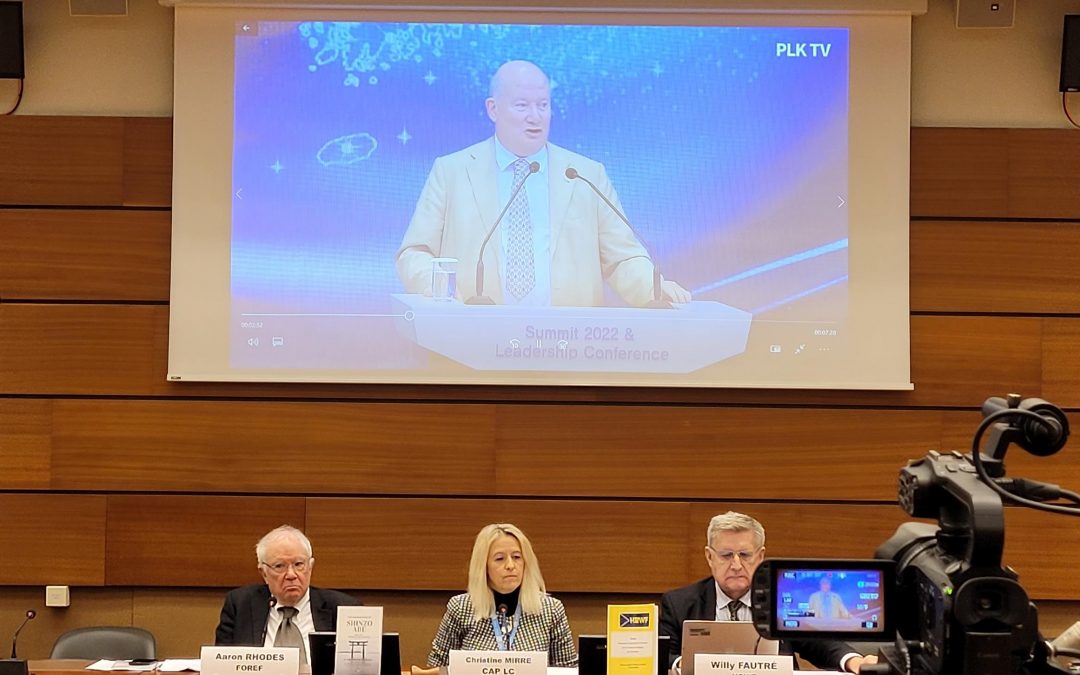
by CAP Liberté de Conscience | Feb 10, 2023 | news, UN UPR
The human rights defense organization CAP LC (Coordination des Associations et Particuliers pour la Liberté de Conscience), in co-sponsorship with UPF and its affiliated organization Women’s Federation for World Peace (WFWP), held the side event on the occasion of the Universal Periodical Review of Japan at the Human Rights Council.
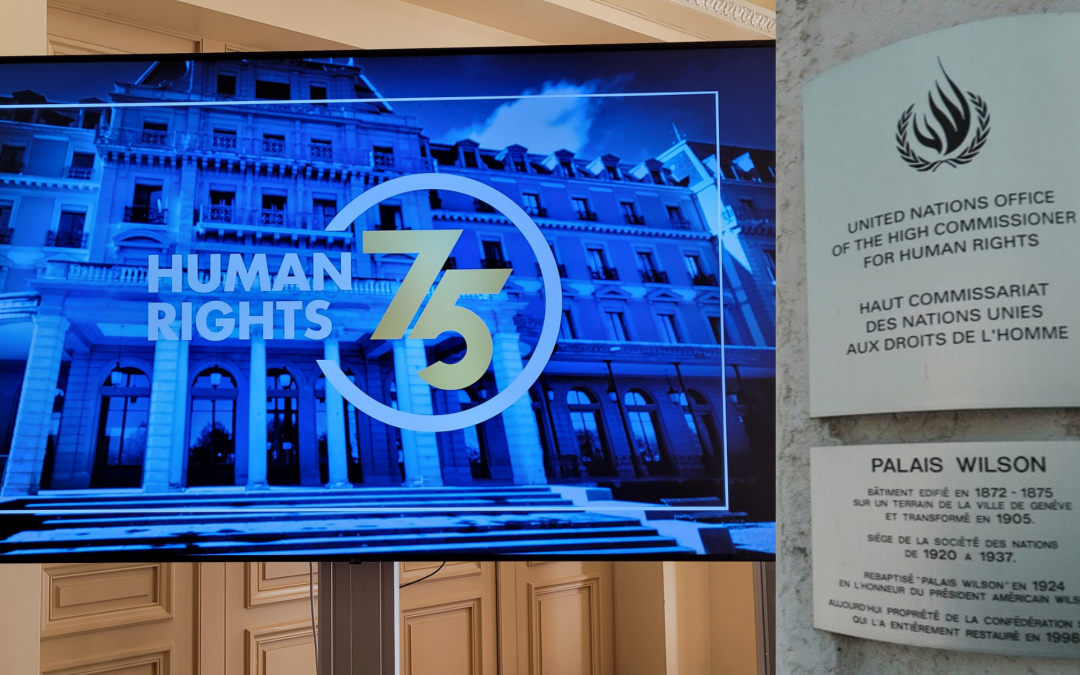
by CAP Liberté de Conscience | Oct 13, 2022 | CAP LC United Nations, ICCPR
The assassination in Nara, Japan, of former Japanese Prime Minister Shinzo Abe
on July 8, 2022, was followed by a campaign of intolerance, discrimination, and
persecution of the Unification Church, now called the Family Federation for World
Peace and Unification (we will use “Unification Church” and “Family Federation
for World Peace and Unification” interchangeably here, as most media do,
although we are aware of the historical nuances and differences). During the course of this campaign, the human rights of the members of the Unification Church in Japan were seriously, systematically, and blatantly violated.







